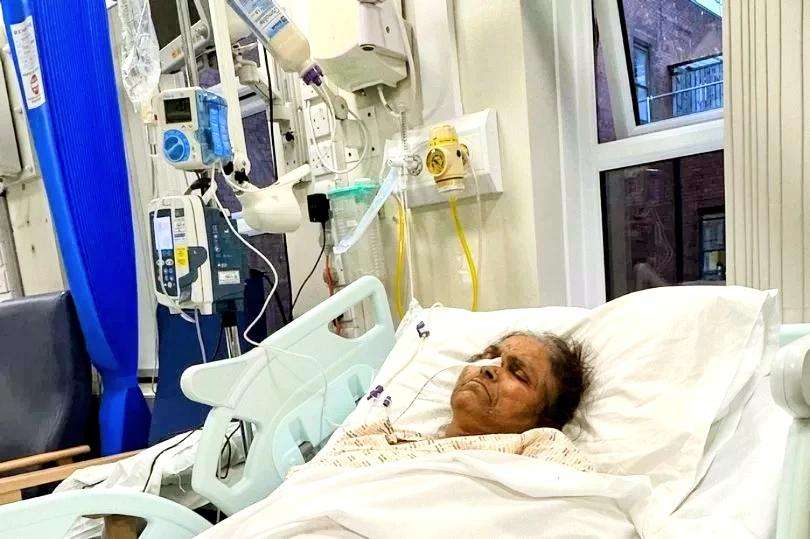Sir Keir Starmer attributes the UK's reliance on immigration to a lack of workplace skills. Britain's Prime Minister has stated that his planned overhaul of training in England will minimise the need for businesses to hire from overseas. The new Labour government is under pressure to decrease legal migration from the record highs observed in the aftermath of Brexit, with numbers surging following the conclusion of the EU transition period. According to government estimates, slightly over a million people immigrated to England and Wales from abroad last year, while 462,000 emigrated, resulting in a 622,000-person gap.
The highest net migration figures - the difference between the number of immigrants and emigrants - were in major cities and conurbations. Birmingham gained the highest number of new residents from international migration, with 24,500 more people immigrating than emigrating, followed by Manchester (18,078), Coventry (15,538), Newham (14,292), Leicester (13,588), and Sheffield (13,141).
Net migration was far lower in rural areas. And in one part of the country, South Holland in Lincolnshire, emigration was higher than immigration, with 136 more people moving abroad than arriving.
Immigration also had a far greater impact on the population makeup of urban towns and cities than in rural areas. That was most noticeable in Middlesbrough where about 1,400 people emigrated and 8,200 international migrants arrived, a difference of just under 6,800 people.
With an estimated population of about 152,000, it means about one in 23 people now living in Middlesbrough (or 4.4% of the population) are international migrants who arrived last year. The picture was similar in Coventry where 4.3% of the population arrived from overseas in 2023, and in Newham (3.9%).Now, Sir Keir Starmer has set out a plan to “fire up” the training of more British workers as he insisted he would not be content to pull the “easy lever” of overseas labour. The Prime Minister said young people in the UK have been “let down” by a lack of opportunity and a “fragmented and broken” skills system.

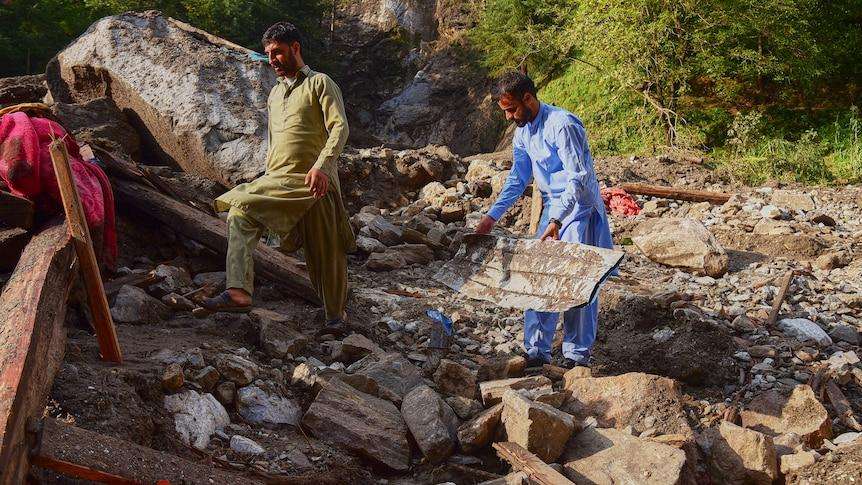

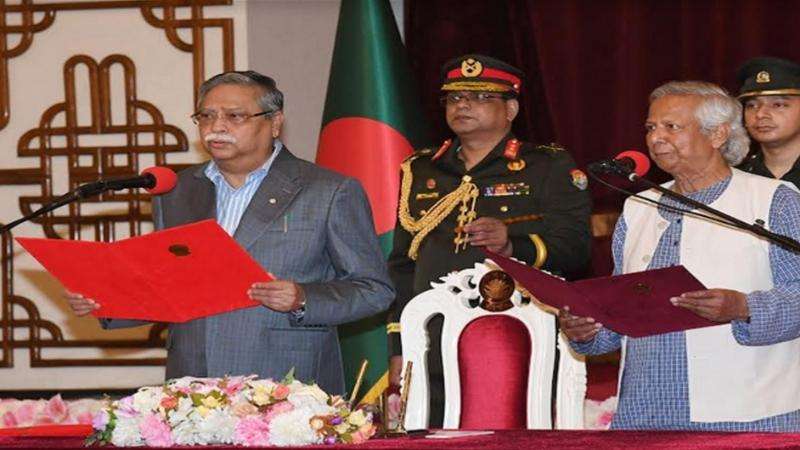
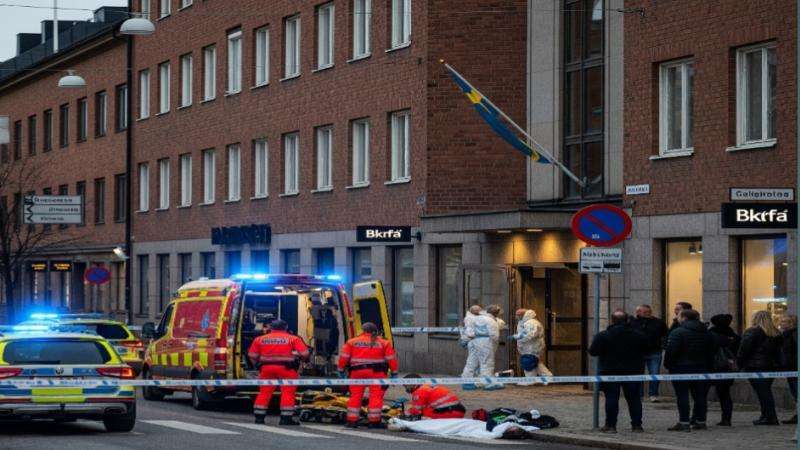


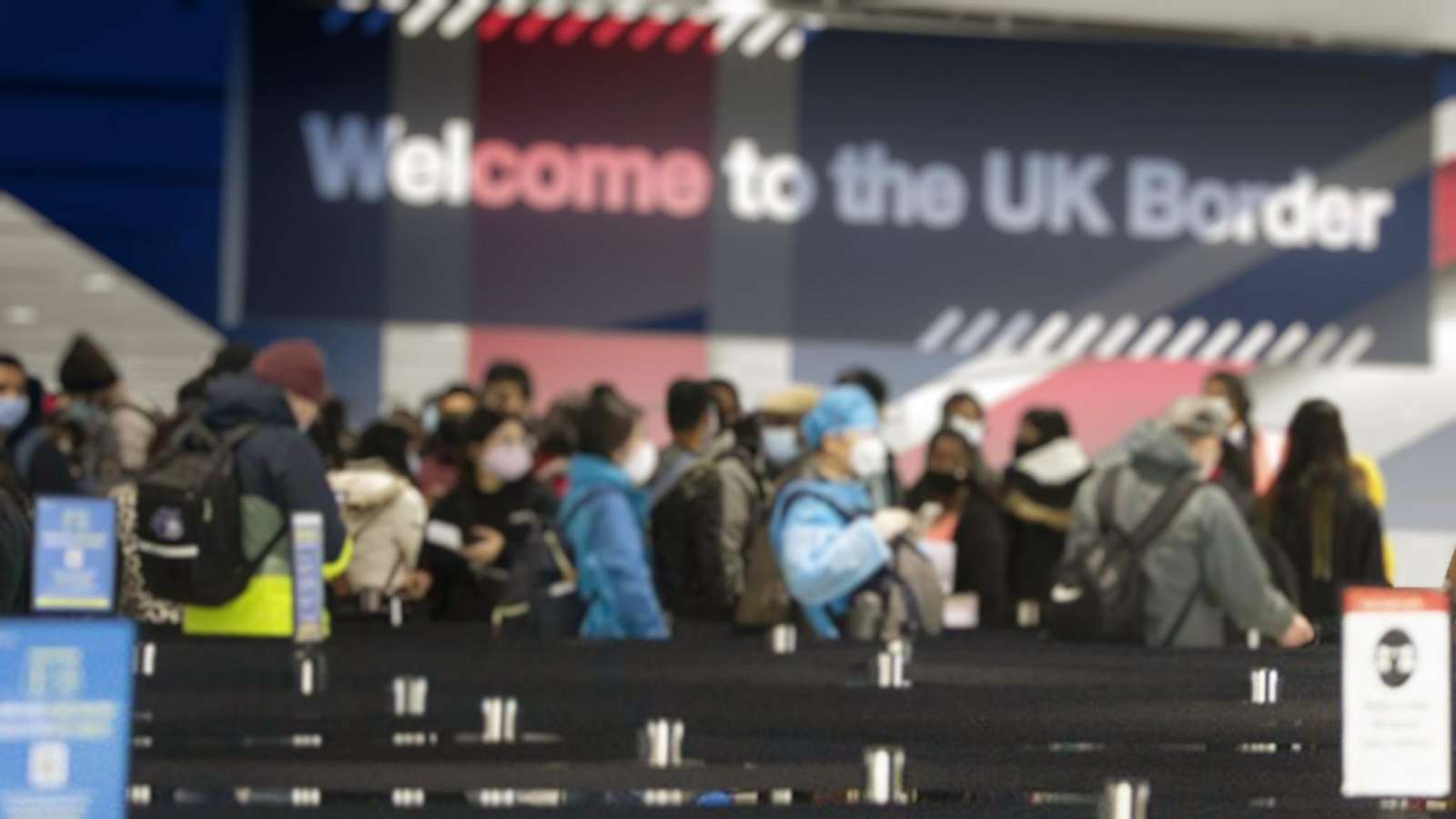
.svg)

